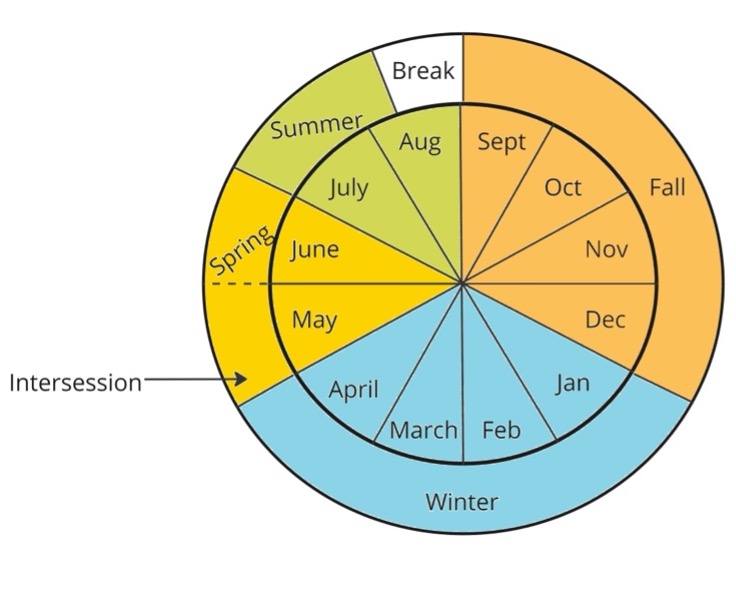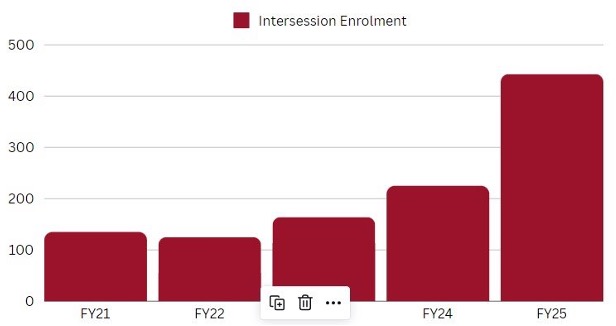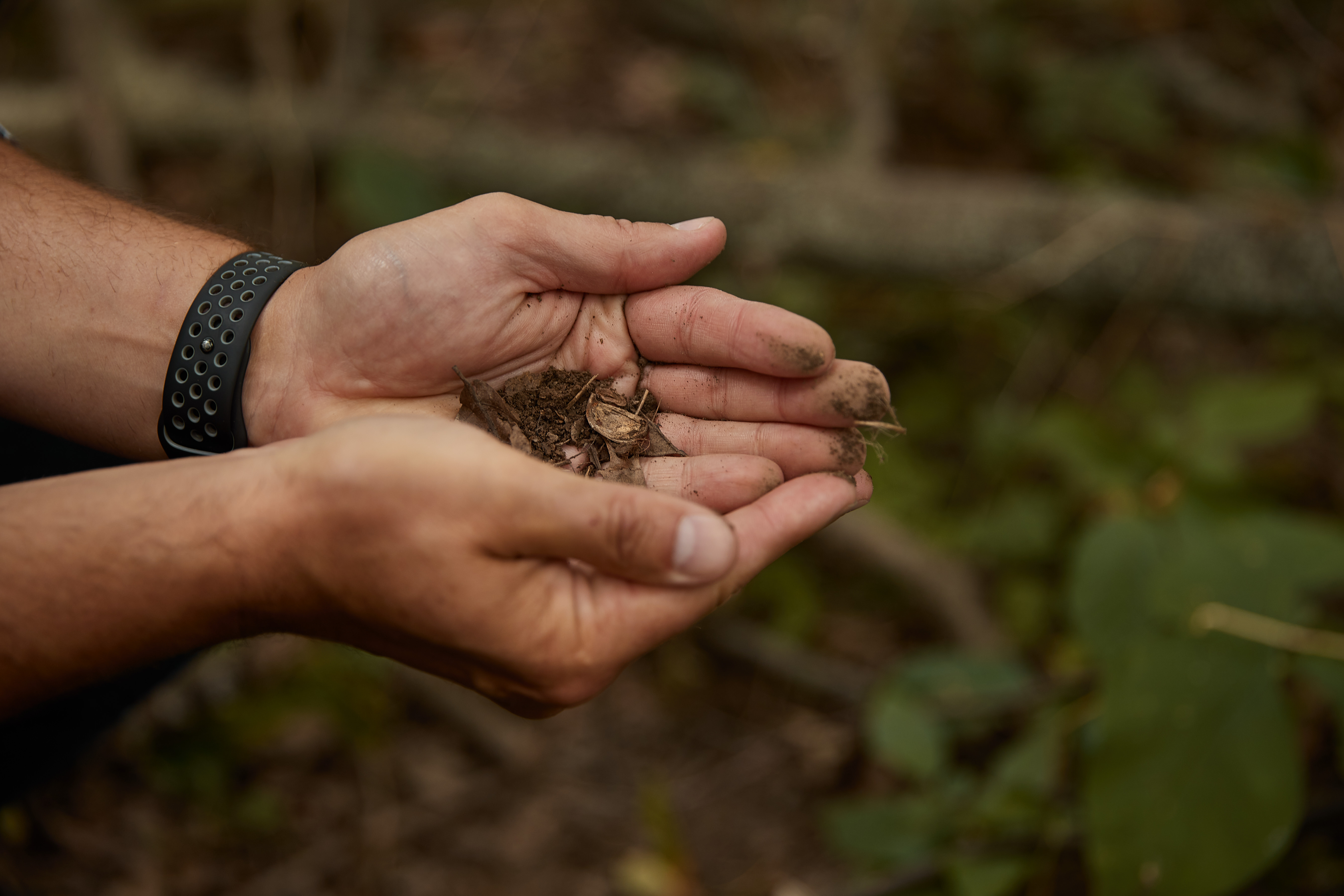
2019 – Envisioning a Flexible Learning Semester
Responding to this reality, a 2019 Intersession proposal was built around 4 key components:
- Curriculum Flexibility: A space for students to explore pathways in their academic journey they may not have had time to consider otherwise.
- Interdisciplinary First Year to Second Year Transition & Exploration: A space for students to meet others beyond their discipline or year & develop tangible skills to apply within disciplinary area of study.
- Pedagogical Experimentation: A space for faculty, staff, postdoctoral fellows, graduate students, and community experts to test flexible learning pedagogies
- Micro-courses & Microcredentials: A space where shorter courses with smaller class sizes could allow students to gain competency-based skills.
“Hamilton is Home… students complete immediately after winter term of their first year that expands their horizons beyond McMaster, building community and civic engagement within the Hamilton community…Our students often report that first year is overwhelming and stressful. Students are getting used to the independence of university life, the increased academic expectations, and the novelty of a new community. McMaster students report that they are told by their peers in upper years that they just need to ‘survive’ first year. There is little time to volunteer, socialize, build community, or engage with students outside of their year and their Faculty. We are not providing students the time and capacity to be engaged citizens in their own community and yet we expect them to be engaged citizens and leaders when they leave. We should be aiming to do better than that.” – 2019 Intersession proposal
2020-2024 – An Experimental Ground of Teaching & Learning
The past 5 years has seen the development of several ideas within the initial Intersession proposal. Launched in May 2020 amidst the early months of the Covid-19 pandemic, some initial aspirations developed as anticipated while other unanticipated developments have also emerged. Highlights include:
- Increasing enrolment: Interest in courses offered during this term is increasing each year
- Partnered Approaches to Teaching & Learning: A suite of INSPIRE courses is now offered during each Intersession semester; many courses are offered in partnership with Faculties or central units. Partnering units include the Student Success Centre, Housing and Conference Services, Centre for Human Rights and Restorative Justice, Equity & Inclusion Office, McMaster Library, McCall MacBain Postdoctoral Fellows Teaching & Leadership, and Michael DeGroote Centre for Medicinal Cannabis Research.
- Interidisciplinary & Experiential Foundations: All INSPIRE course offerings reflect interdisciplinary and experiential courses not available in other departments or Faculties.
- Broad Campus-Wide Interest: Intersession sees learners from levels I – V, from all Faculties and the Arts and Science programme.
- Student & Faculty Insights Inform Programming: Student Curriculum & Faculty Advisory Committees support annual selection of course topics for INSPIRE offerings during Intersession.
- Strong Interest in Online Learning: Intersession is seeing growth and interest in online learning spaces with less student interest in in-person learning at individual course level
- Bridging Co-Curricular and Curricular Experiences: Courses developed in partnership with Athletics & Recreation and the Student Success Centre allow students to gain academic credit for co-curricular student leadership experiences


2021 – INSPIRE Office of Flexible Learning is created
In 2021 the INSPIRE Office of Flexible Learning (INSPIRE) was created to support the growth of the Intersession term and the growing interest in further expanding on approaches to flexible learning.
This work now includes offering academic courses under the INSPIRE course code, supporting the development of interdisciplinary learning infrastructure, and supporting the development of micro-credential infrastructure at McMaster.
